Opinion: Are Electric Cars Getting Too Powerful For Our Own Good?
A casual drive on the tollways of Bangkok last month was met with an occasion where a spanking new high powered electric vehicle was snaking through heavy peak hour traffic, till a point where I could sense some onlookers bracing for impact. It made me realise how frighteningly quick EVs can be when applied in real-world context. With promises of instantaneous squirt-and-go performance, there is always a temptation to push EVs to their limits.

A casual drive on the tollways of Bangkok last month was met with an occasion where a spanking new high powered electric vehicle was snaking through heavy peak hour traffic, till a point where I could sense some onlookers bracing for impact. It made me realise how frighteningly quick EVs can be when applied in real-world context. With promises of instantaneous squirt-and-go performance, there is always a temptation to push EVs to their limits.
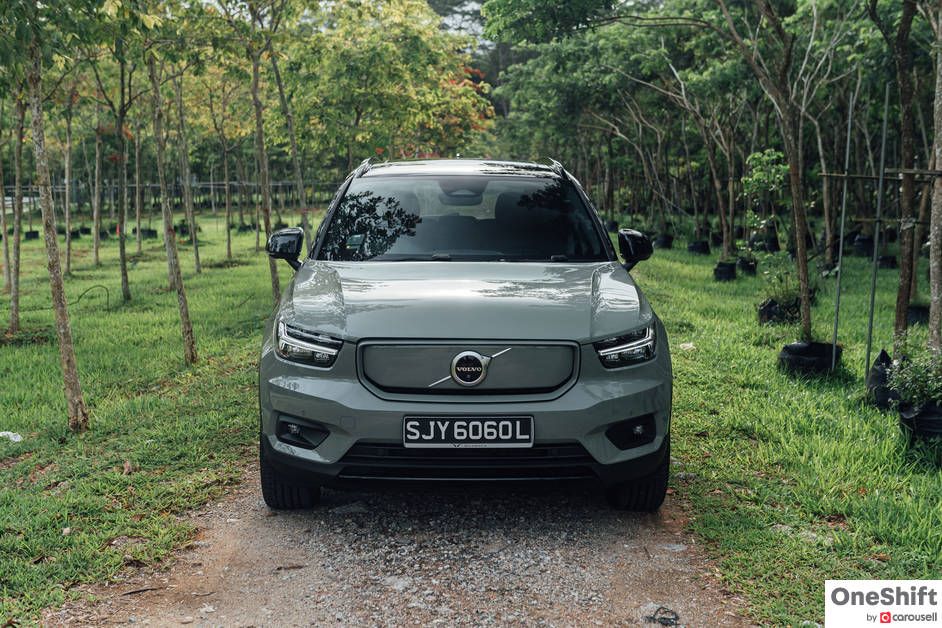
It’s a highly intriguing phase in the automotive industry, where the spectrum of fast has been broadened once we experiment with EVs. They do require plenty of self-control to operate, but it does not help when manufacturers are seemingly caught in a race to attain stratospheric performance figures we could only dream about barely a couple of years ago. Some markets are preparing for the arrival of the Kia EV6 in GT guise, which can accelerate to 100km/h in 3.5 seconds. And even the M60 variant of BMW’s family-oriented iX has no issues sprinting to the century mark in under four seconds.
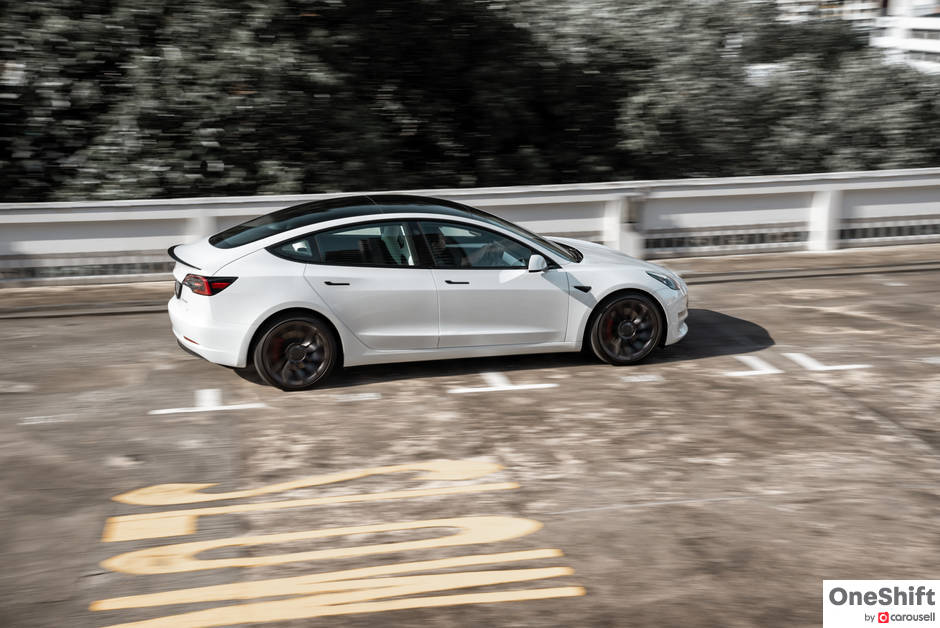
We do not deny that mastering the art of lowering sprint times takes years of engineering finesse, but we can’t help but remind ourselves that speed limits have not been altered, and we are unable to fully appreciate the performance of these EVs safely and conveniently. Could this spark a trend towards the appreciation of base-spec EVs, where they are less powerful, but lighter, more efficient and a whole lot cheaper? That’s a story for another day, but judging by the current trend, we might be noticing no lack of sub four-seconds EVs roaming our roads not before long.
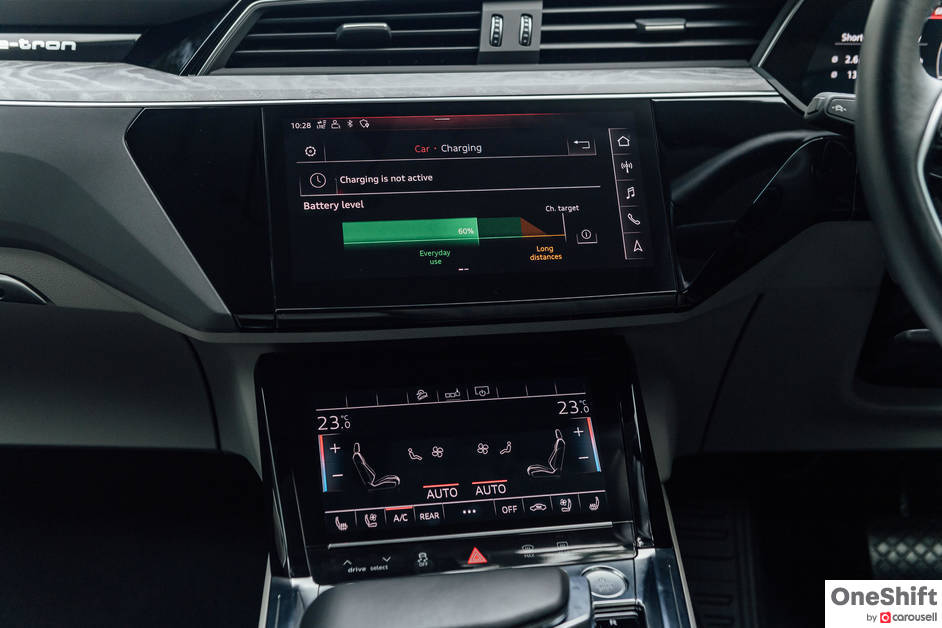
Before I sound like one who likes to go against the grain just for the sake of it, I do see plenty of benefits of electrification. In the short term, we might notice preference shifts now that most electric cars are capable of tap-and-go dashes in the blink of an eye. Instead of fixating on acceleration figures, one might place aesthetics, cabin space, interior quality or even equipment levels higher up the priority list. And if these “good-to-haves” evolve to “must-haves” for consumers, it might force manufacturers to dial down efforts to make their cars faster, and shift their budget to make EVs more plush, efficient, and differentiated from an aesthetics point of view.
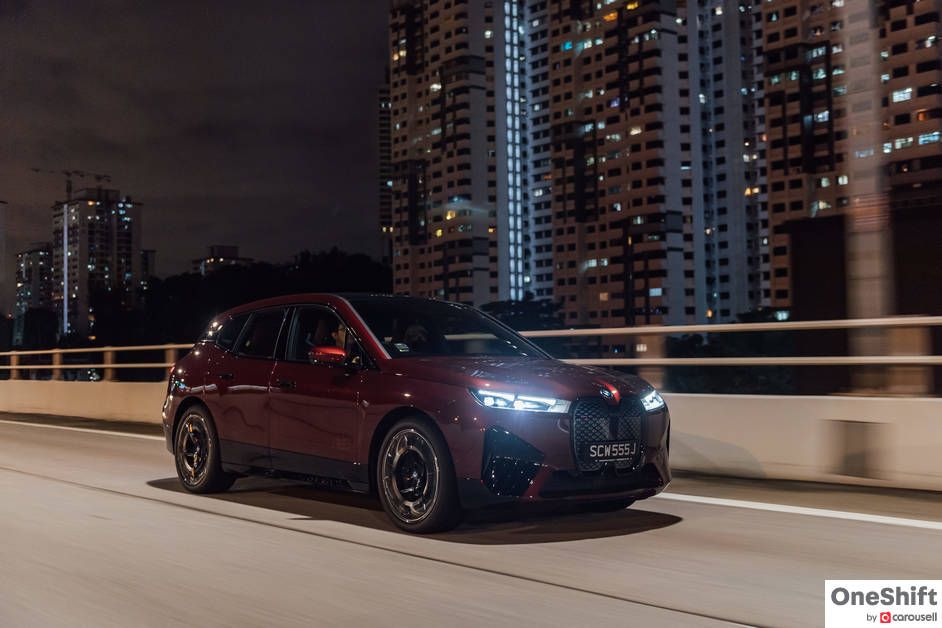
Even if this push to relegate the importance of go-fast figures gain traction in future, this numerical arms race might be adapted to a contest that makes roads safer, even if this comes at the expense of differentiating equipment lists with your neighbour at the parking lot. Instead of comparing battery performance, drivers in the future might even compare if their cars’ V2L (vehicle-to-load: a power feature that uses an EV’s battery to charge something else) function comes equipped with an international charger! It’s a scenario best left for living room chatters…
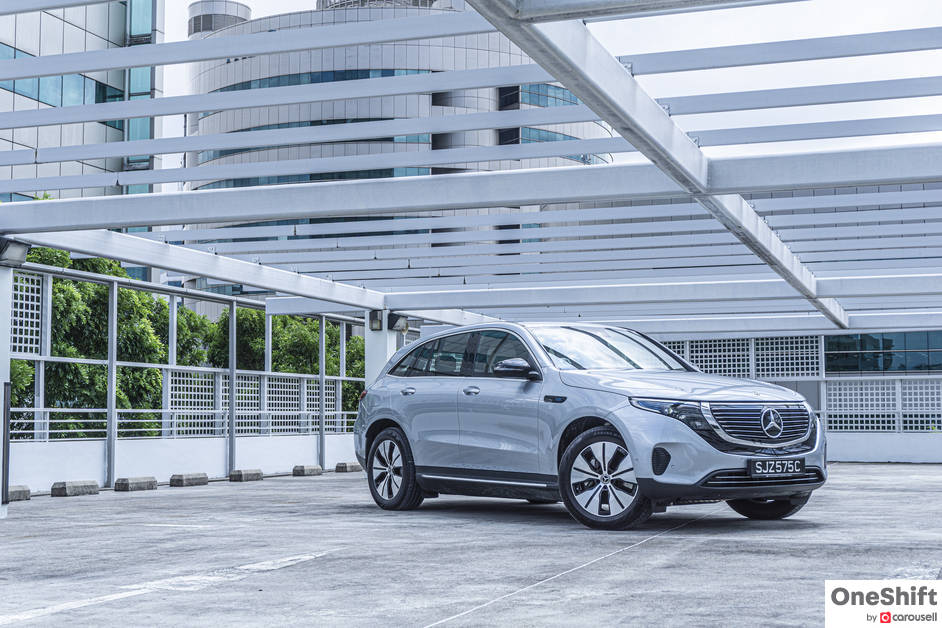
Comparisons like this might cultivate the “unhealthy” habit of over-comparison, as it detracts from the entire experience of those who love to drive cars, regardless of how tempting these tech-laden peripherals could get. Is this the sort of future we are heading towards when it comes to EVs? Perhaps, but one thing’s certain - there is still scope for manufacturers to explore and position themselves in the market. And if some feel that EVs are threatening the existence of their brand at the expense of contradicting their history books, creating a spinoff (like what Volvo has done to Polestar) might work out.
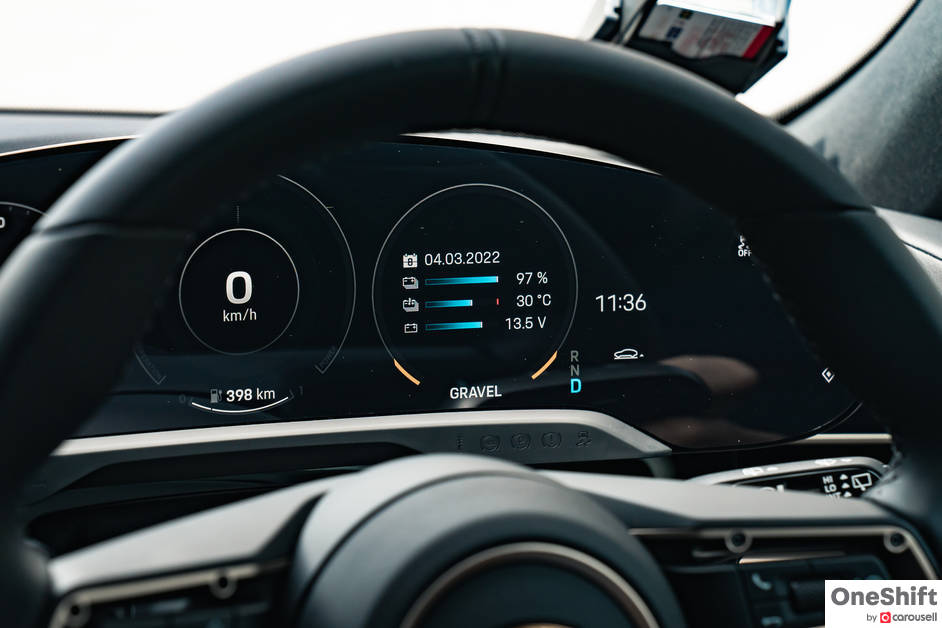
With electrification now ever-present in the automotive industry, it almost seems like we are forced live in a world where the absolute “peak” is perceived to be cool (when sub 3-seconds to 100km/h milestones become the norm), before hitting a couple of troughs (if level 4 automated driving prove to be not as effective, or if we come to realise that frunk / froot space are not as beneficial as it seems). Only when we identify that some sort of equilibrium has been reached do we start to reap the full rewards of electrification, and private transport in general.
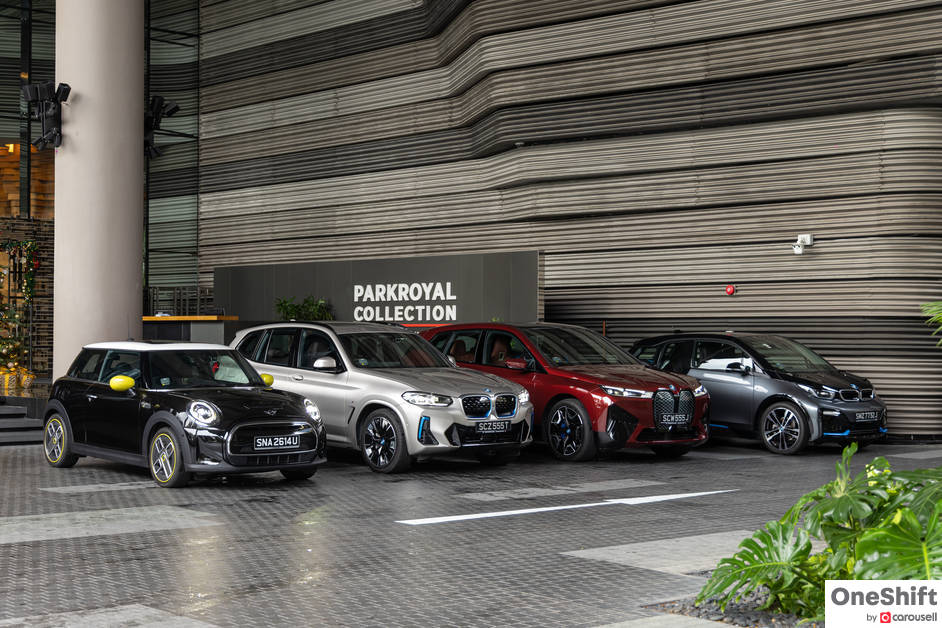
Imagine a scenario where an EV has ideal power, range, aesthetics and cabin space - all these packaged at a price point too hard to refuse. We are not ruling that out, but at least we know that pushing for neck-strapping performance in the early stages of electrification could lead to a more flawless, sensible but no-less-fun vehicle for the road. Perhaps, the need for speed to benefit a handful now might serve the greater good after all…
Credits: Gerald Yuen


Get the Best Price for your used car
from 500+ dealers in 24 hours

- Convenient and Hassle-Free
- Consumer Protection
Transparent Process
With No Obligation








